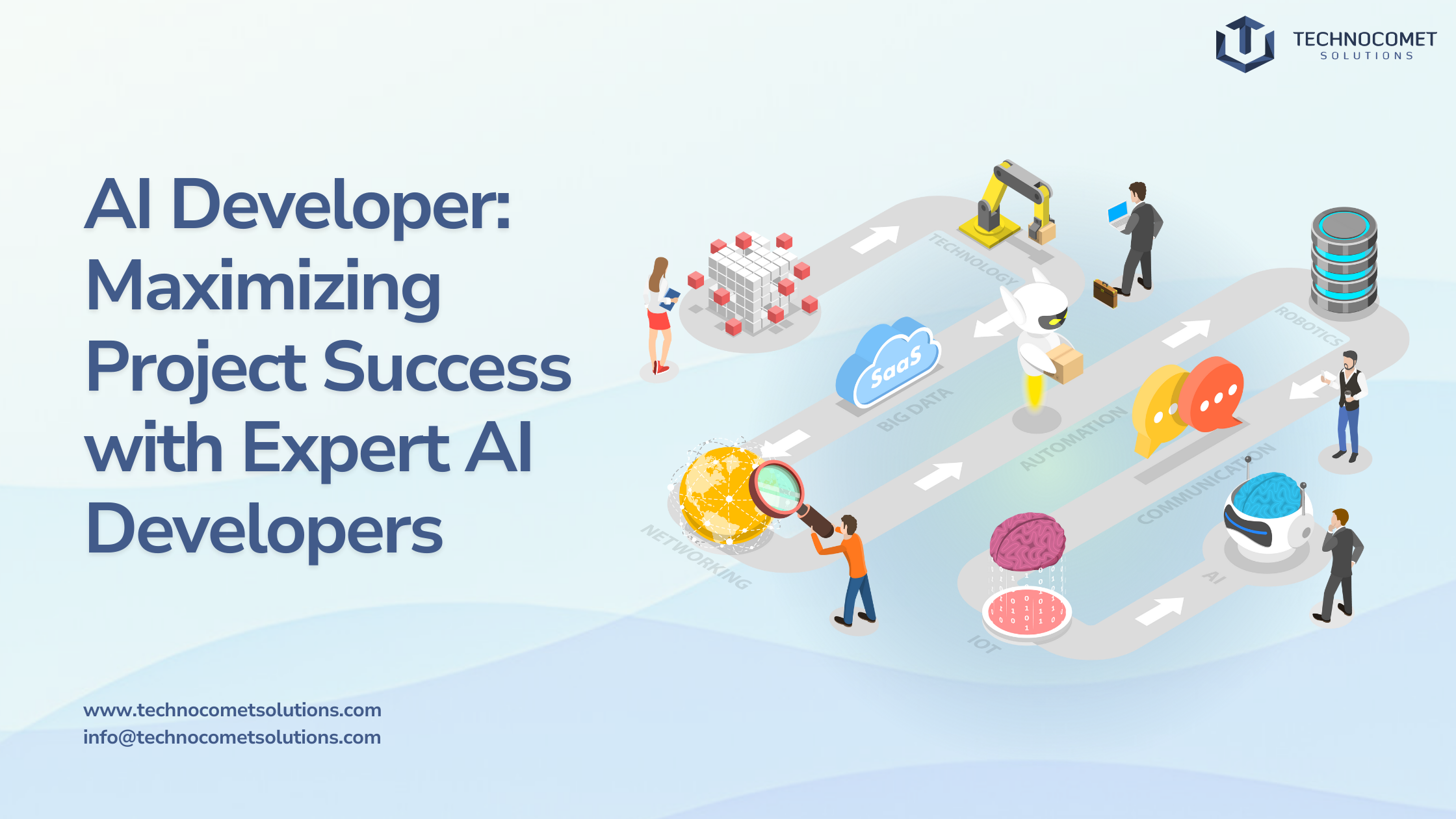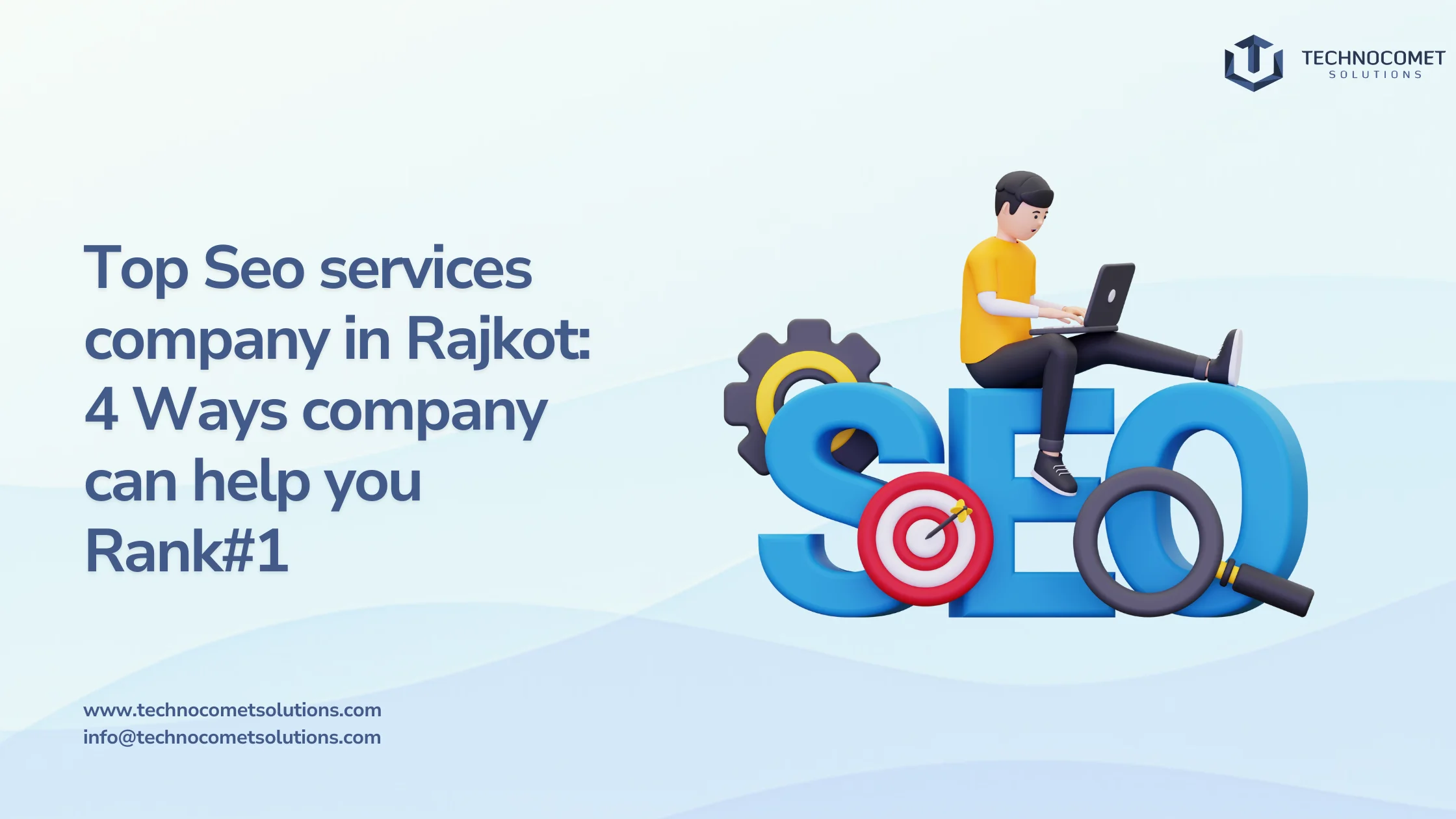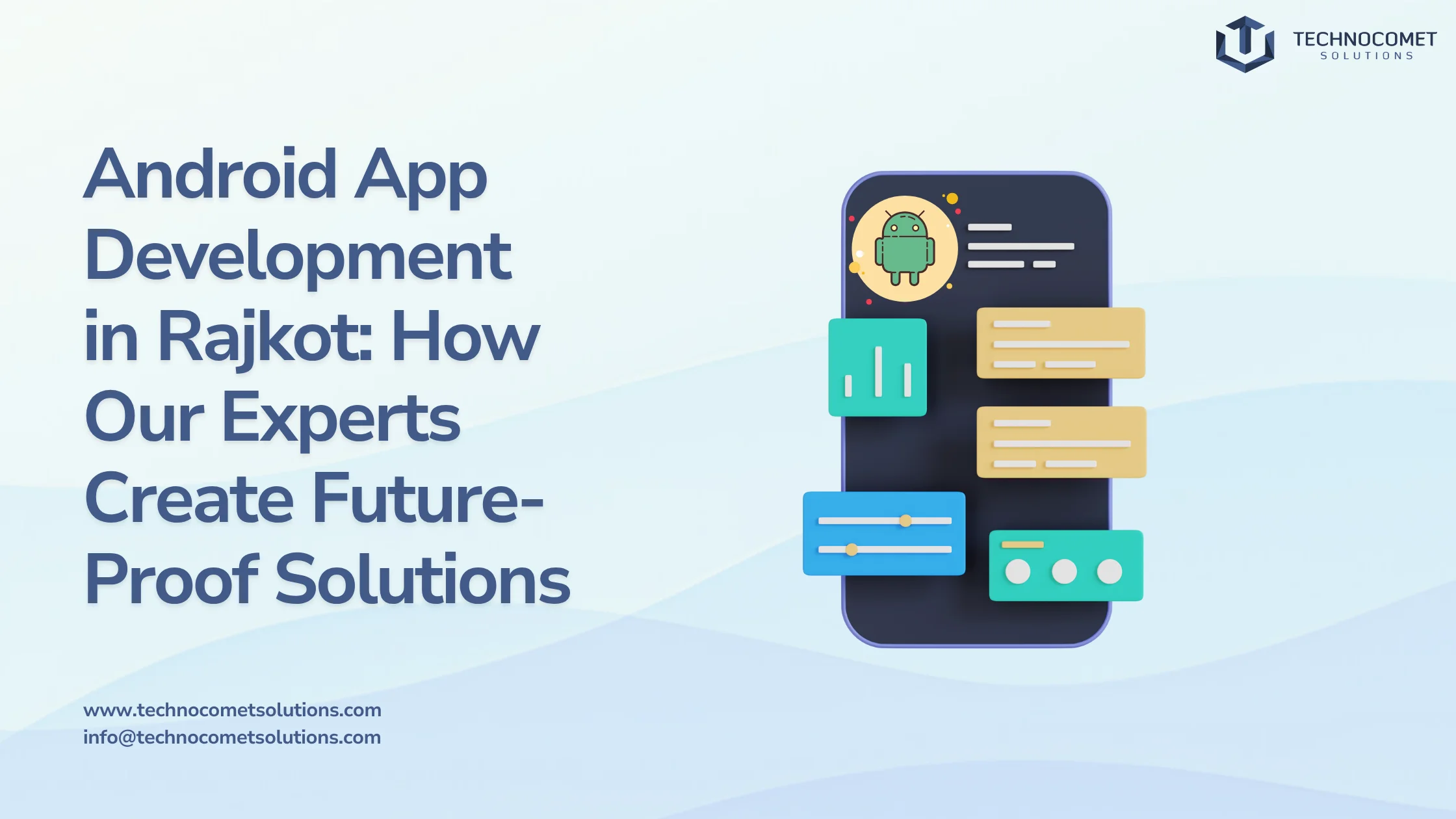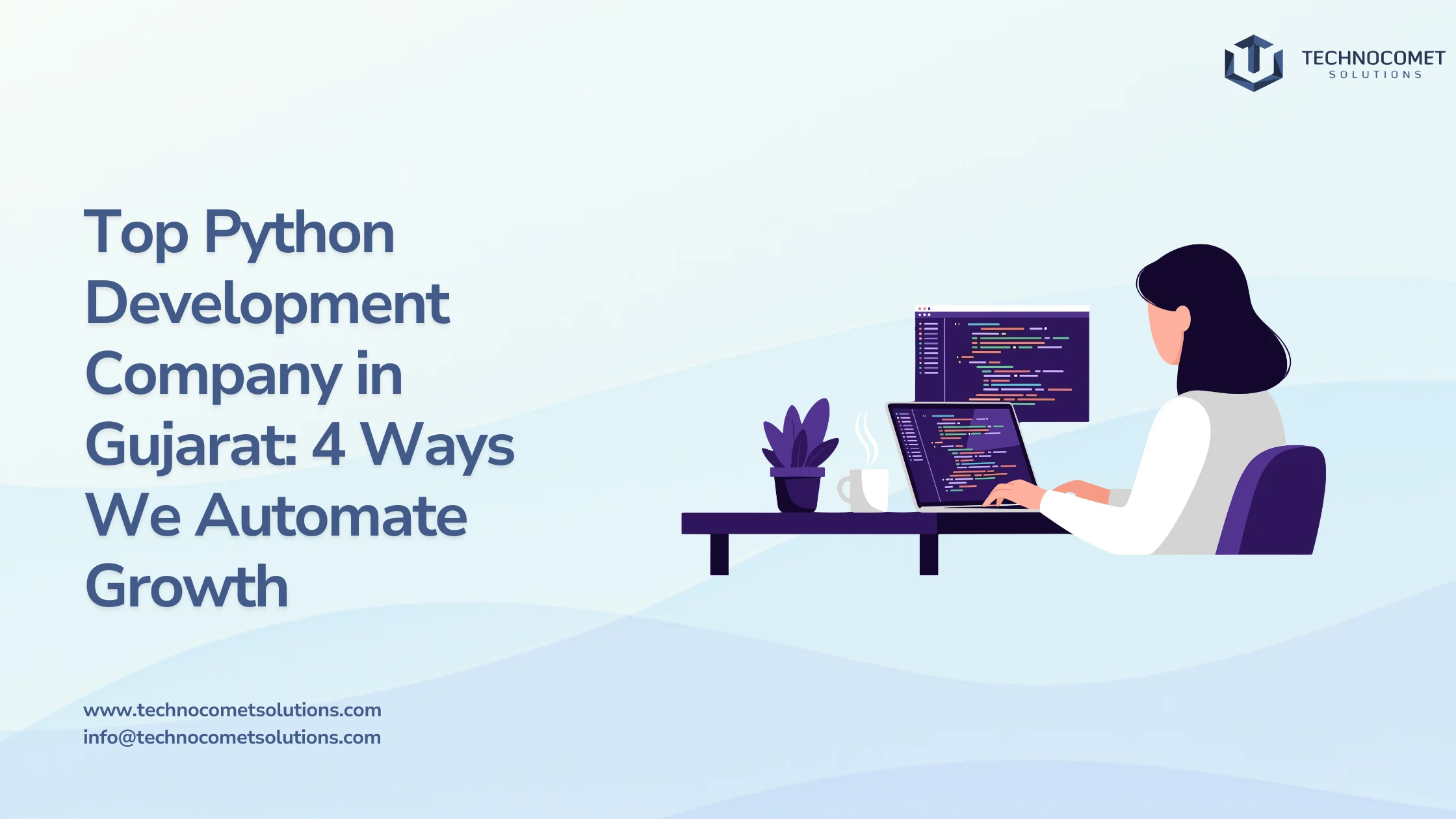Introduction
AI in the IT sector has been making waves, transforming the way businesses operate and innovate. As AI technology continues to evolve, it is becoming increasingly important for the IT sector to embrace and adapt to these changes. In this blog post, we will explore the impact of AI in the IT sector and how it is shaping the future of the industry.
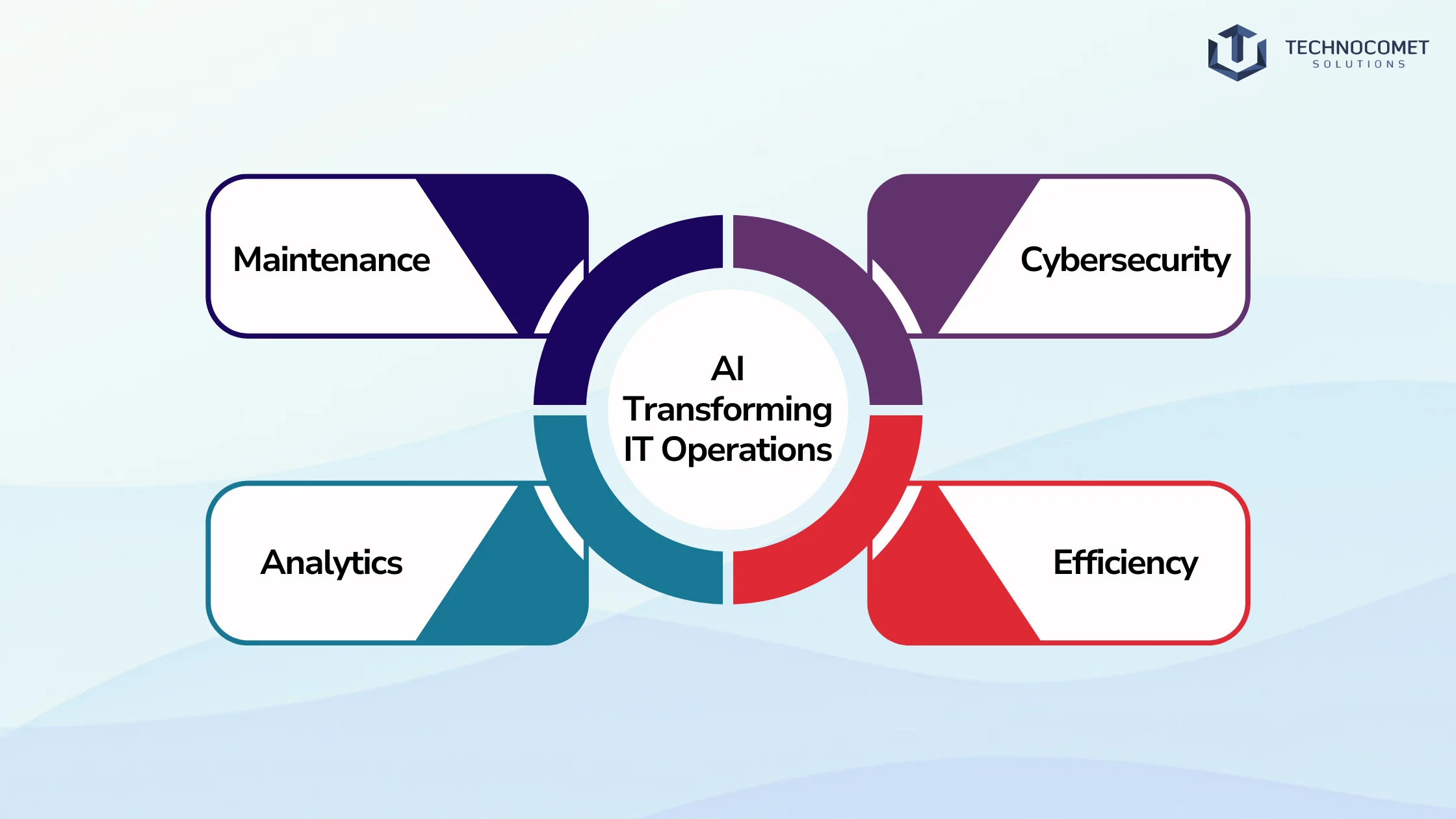
AI Transforming IT Operations
AI can handle tasks such as maintenance, monitoring, and troubleshooting. This frees up IT professionals to focus on more strategic and creative aspects of their work. AI-powered cybersecurity measures can also enhance the protection of IT systems. They detect and respond to potential threats faster than human operators. Moreover, AI can help IT professionals make proactive decisions by providing predictive analytics. By analyzing historical data, AI algorithms can identify patterns and trends, enabling organizations to make accurate predictions about future events or outcomes. This can lead to improved efficiency, reduced downtime, and better overall performance of IT systems.
Revolutionizing IT Infrastructure Management
AI is also transforming the way IT infrastructure is managed. AI-driven data center optimization can help organizations reduce energy consumption, improve resource utilization, and minimize downtime. AI can also play a crucial role in intelligent resource allocation and load balancing, ensuring that IT resources are used efficiently and effectively. In addition, AI is transforming cloud computing and virtualization. Algorithms can analyze usage patterns and resource requirements, enabling organizations to optimize their cloud infrastructure and reduce costs.
AI in Software Development
AI is also making significant strides in the field of software development. AI-powered code editors can suggest code snippets, identify bugs, and even generate code based on natural language descriptions. Furthermore, AI can help in the creation of personalized software solutions. By analyzing user behavior and preferences, AI algorithms can customize software to individual needs, improving the user experience and satisfaction.
Improving IT Service Management
AI-powered IT support and help desks can handle routine inquiries and requests. This frees up human support staff to focus on more complex issues. Chatbots and virtual assistants can provide 24/7 support. This ensures that users have access to the information and assistance they need when they need it. AI can also help in streamlining incident management and resolution. By analyzing historical data and identifying patterns, AI algorithms can help IT professionals quickly identify and resolve issues, reducing downtime and improving overall system performance.
Impact on Data Management and Analytics
AI is also transforming the way data is managed and analyzed in the IT sector. AI can help in the development of advanced data processing and storage solutions, enabling organizations to handle large volumes of data more efficiently. Machine learning, a subset of AI, is playing a significant role in predictive data analytics. By analyzing historical data, machine learning algorithms can identify patterns and trends, enabling organizations to make accurate predictions about future events or outcomes.
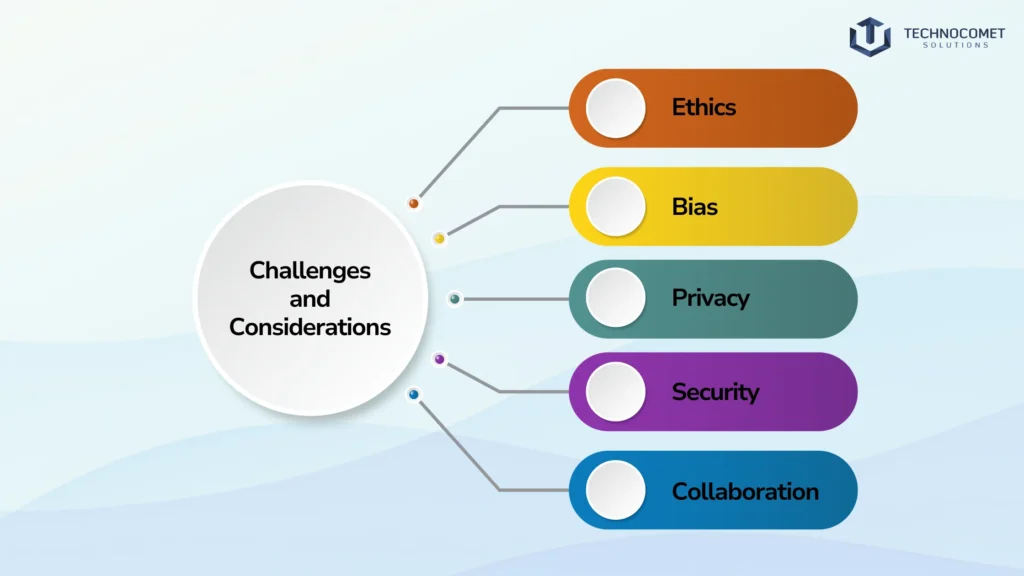
Challenges and Considerations
While AI offers many benefits to the IT sector, some challenges and considerations need to be addressed. One of the main challenges is addressing ethical concerns and AI bias. It is important to ensure that AI systems are designed and deployed in a way that is fair, transparent, and accountable. Another challenge is ensuring data privacy and security in AI implementations. As AI systems rely on large volumes of data, it is important to ensure that this data is protected from unauthorized access and misuse. Finally, managing the human-AI collaboration in IT teams is also a challenge. It is important to ensure that IT professionals have the skills and knowledge to work effectively with AI systems and that they can adapt to the changing nature of their roles.
Future Trends in AI and IT
As AI technology continues to evolve, we will likely see even more significant changes in the IT sector. Some of the future trends in AI and IT include the development of more advanced AI capabilities, such as natural language processing and computer vision. We may also see the emergence of new AI technologies, such as quantum computing and neuromorphic computing, which could further transform the IT sector. In addition, we may see the increasing integration of AI into all aspects of IT environments, from infrastructure management to software development and service delivery. This will require IT professionals to have a strong understanding of AI technology and how to leverage it effectively.
Conclusion
In conclusion, AI is having a significant impact on the IT sector, transforming the way businesses operate and innovate. From automating routine tasks to revolutionizing IT infrastructure management and software development, AI is shaping the future of the IT sector. While some challenges and considerations need to be addressed, the benefits of AI in IT sector are clear.
If you’re looking to leverage the power of AI to transform your IT operations and drive innovation, consider partnering with TechnoComet Solutions Company. Our team can help you unlock the full potential of this transformative technology. Contact us today!
FAQs
AI is automating routine IT tasks and enhancing cybersecurity measures. It also provides predictive analytics for proactive problem-solving.
AI is optimizing data centers, allocating resources intelligently, and transforming cloud computing through automated management and reduced costs.
AI tools are accelerating development cycles and enabling personalized software solutions tailored to user preferences.
Future trends include advanced AI capabilities, widespread AI integration across IT functions, and the need for professionals skilled in AI, business strategy, and human-AI collaboration.


